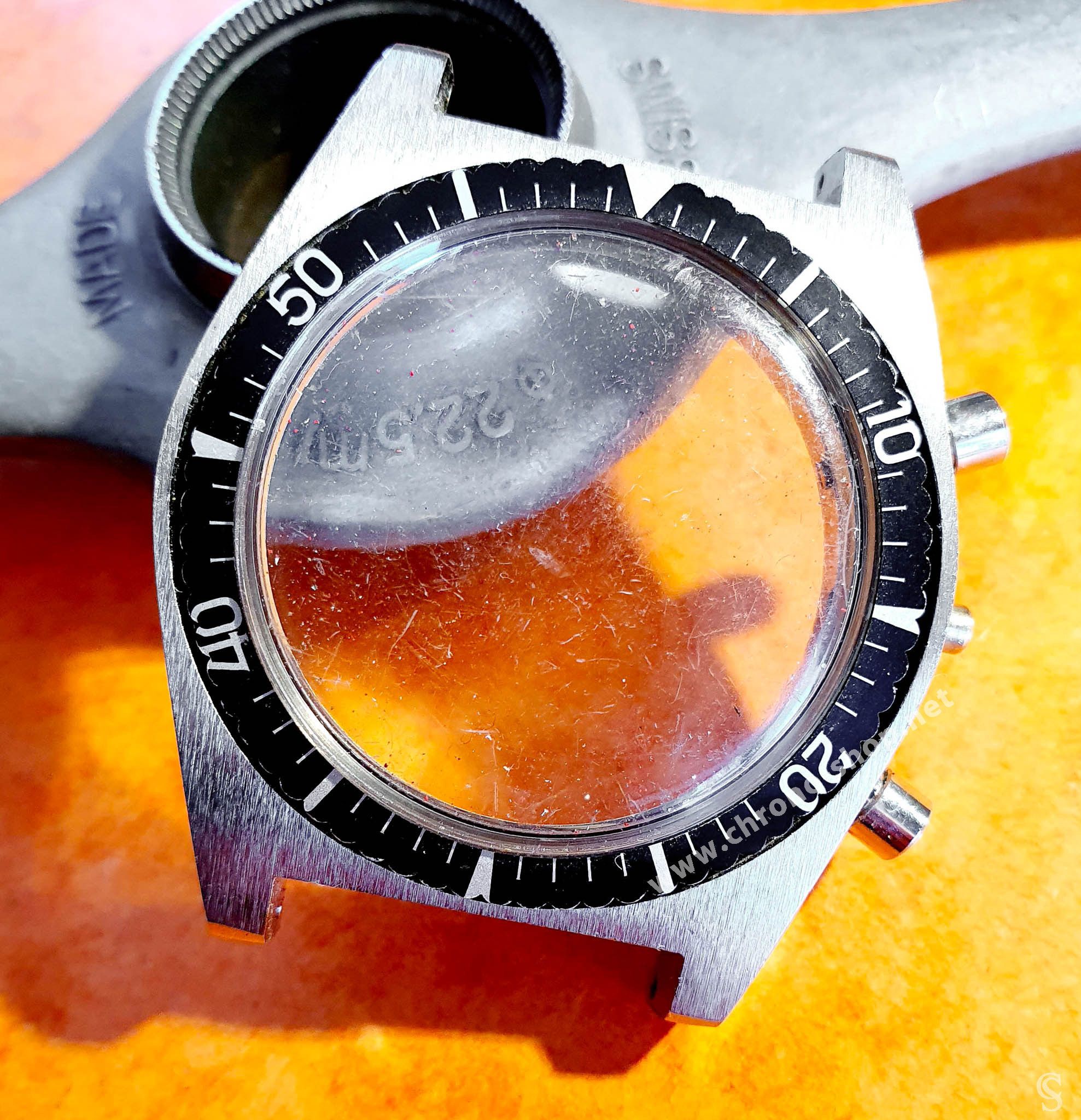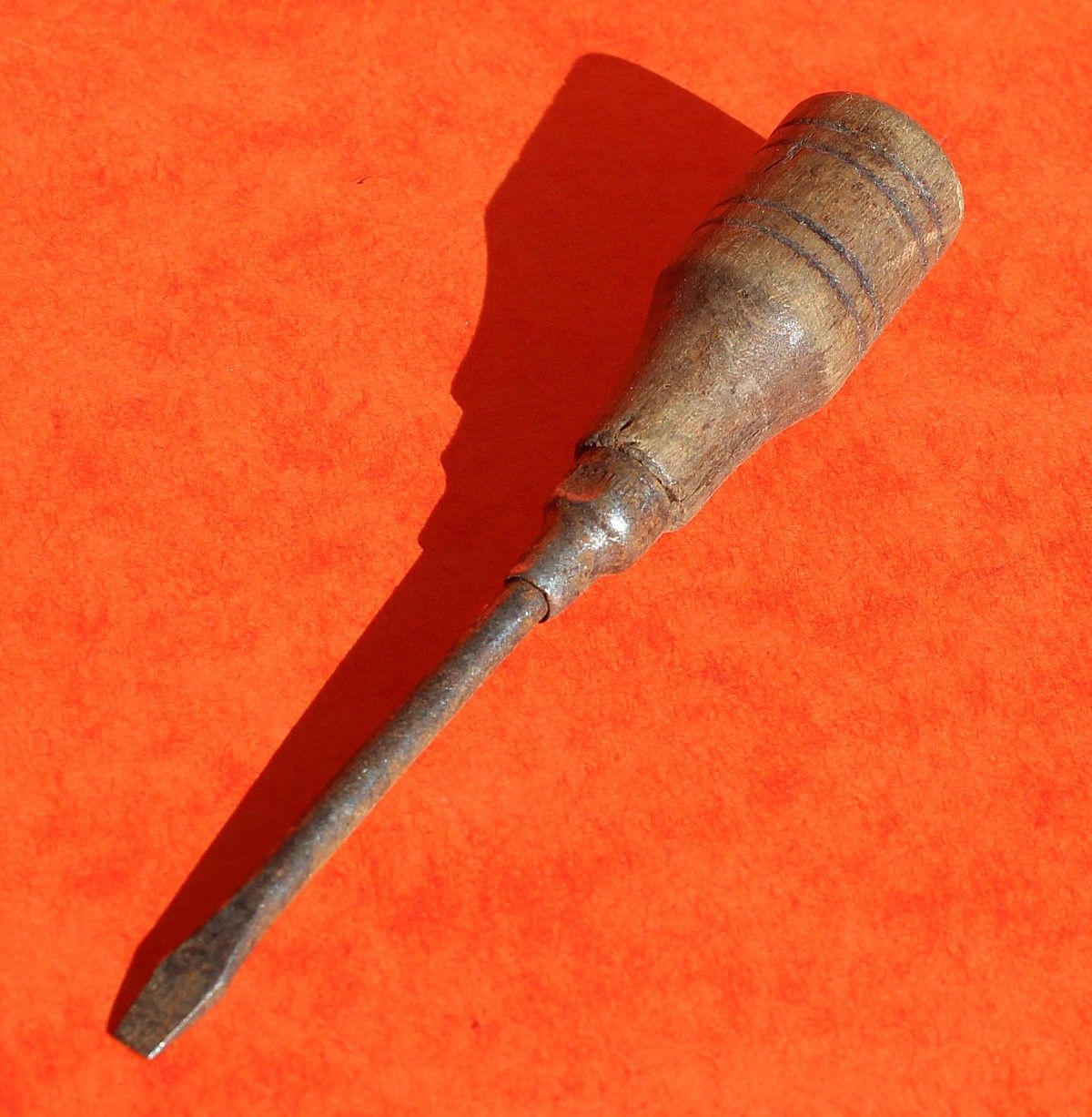
Somewhere to keep your striped watch safe and dust free. Good magnification your optician can help here it’s worth it for no headaches caused by eye strain.Ī cleaner I have an old Elma, I did try a vibration cleaner but it removed some jewels for me.įor old watches a demagnetizer you’d be surprised how many old watches are magnetised.Ī bench at the right height or a low stool.īack remover, I use a Bergeon ball but the ones off eBay work a treat. Watch hand removers I use eBay ones and a dial protector.Ī pinion remover, it’s important to get the right size old watches like I work on are just under 1mm and the new pullers from Bergeon don’t grip these pinions.

Good tweezers and practice picking small bits up transfer them from one container to another, they will fly and the more you practice the more they don’t. Good screwdrivers they are expensive but make the job much easier. You need a steady hand and lots of patience and a few watches that you don’t care about, I bought an auction lot for about £25 + fees and delivery.ĭon’t be frightened some one else built it it’s not rocket science so you can take it to bits and with care you can rebuild it. I have mainly 1910 to atp watches and in my case that was important, but I will explain.
#Horology online course free
I taught myself with aid of books and online free YouTube videos. I was wrong of course but it’s not far off. I’m 71 now and decided that a watch was only a gearbox, a clock work motor and a governor. I guess these courses are suspended at the moment but hopefully they'll restart in the near future.

The BHI course is a great way to find out, even if you decide against progressing it's worth it for the learning and the enjoyment. You have to be with yourself and decide whether you really have the aptitude for it, some have but some haven`t. It does get better, but even now there are certain tasks where I have to concentrate 100% if mistakes are to be avoided. The level of concentration needed initially is high, you really cannot work with distractions. Unfortunately, there's no cheap way into watch work, the cost of basic tools and equipment is significant, the cost of cleaning fluids and lubricants is also significant and there's no way around this.Ī decent work area is a must, ideally a separate room where you won't be disturbed. The only area of training I could've benefited from is lathe work and refinishing, I could still learn from the lathe curse but it's a bit late for the refinishing because I`ve basically taught myself. Having completed the first two courses I think most people will be able to learn by self-teaching and experience from that point on, having grasped the basics. There's also a Chronographs course but I wouldn't advise this at an early stage, I made that mistake and it almost put me off completely. The sensible way to do it is to complete the Basic course, set yourself up with tools and equipment, get some practice to improve skill levels, then attend the' Day/date automatics' course.

I can`t stress this highly enough, the cost is significant but if you treat it as a holiday it's far easier to justify. This will get you to a good starting point to self-teach, you get the 'feel' of the job and (more importantly) the feel of working on the correct bench at the right height. Speaking as someone who went down this path in 2010, I recommend anyone who's interested to attend the BHI 5 day residential course on Basic Mechanical Watches.


 0 kommentar(er)
0 kommentar(er)
